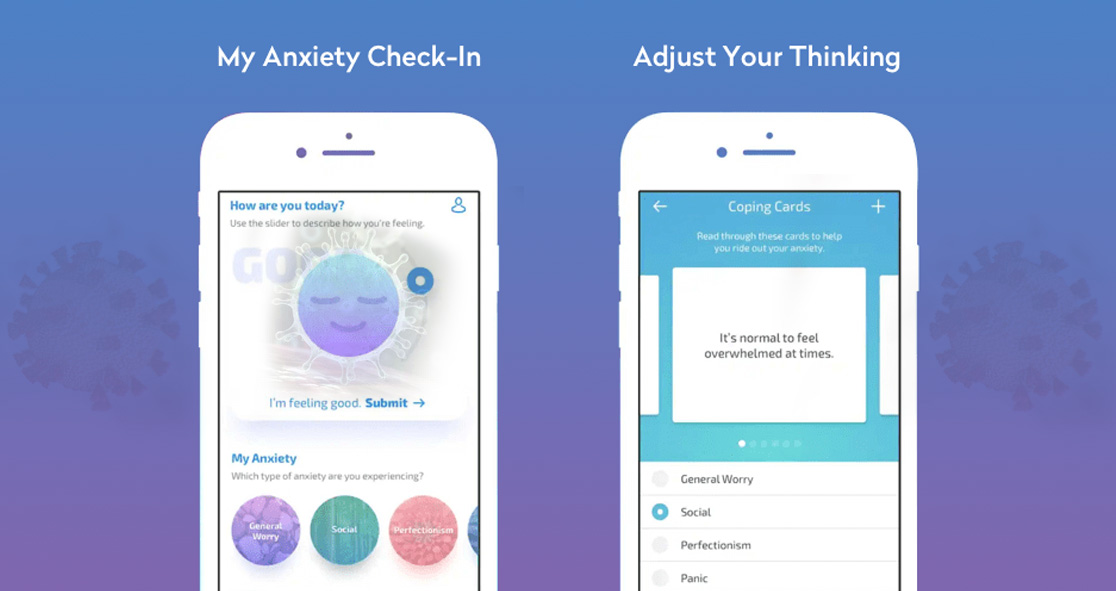Psychologists have found that the use of mental health apps, especially self-help apps, has significantly increased during the coronavirus pandemic, prompting users to seek help and treatment.
Dr. Stephen Schueller, Executive Director, One Mind PsyberGuide, said the mental health-related self-help apps now number somewhere between 10,000 and 20,000.
One Mind PsyberGuide is a nonprofit organization offering accurate, unbiased information about such apps.
“The number can be hard to track as new apps are constantly being developed and older ones are taken off the market,” Dr. Schueller explained. “A lot of the growth is in products that are developed by individuals or small teams without any real intention or plan for long-term support.”
He went on to say such apps could spur people’s interest in working with a psychologist. “Apps might be a gateway to subsequent care,” he said. “Someone might download a CBT (Cognitive Behavioral Therapy) app, realize it’s helpful, and then find a therapist to help more.”
Some psychologists may be concerned that apps could replace therapy, but that is not happening, according to Dr. C. Vaile Wright, senior director for health care innovation at the American Psychological Association (APA). Citing a study finding, she said only two apps – Headspace and Calm – account for 90% of active users.
“I really don’t think people are turning to mindfulness apps as a replacement for therapy,” Dr. Wright said. “A lot of work that happens in therapy actually happens outside the therapy office. Apps can facilitate that work.”
However, there are a few potential limitations.
Dr. David Mohr of Northwestern University said, “Anyone can put an app up on the various app stores, so a lot of these are probably not that helpful.”
He explained that ineffective apps could turn off the idea of seeking therapy or disrupt a treatment plan a psychologist has already advised. “And a few apps can be just plain dangerous,” Dr. Mohr added.
Dr. Wright emphasized that doctors need to get more involved to ensure self-help apps are a boon to them and their patients going forward.
“It’s important that psychologists serve as subject matter experts and consultants to companies developing apps,” she said. “Psychologists also need to be leaders in the regulatory field as well, since it’s a murky space right now.”
Dr. Marlene Maheu of the Telebehavioral Health Institute agreed and said, “We’re either going to be part of the technological revolution – and help create it and direct it with proper values – or we’re going to be left behind,” The article was originally published online in the APA, titled “Mental Health Apps Are Gaining Traction,” written by Rebecca Clay.























